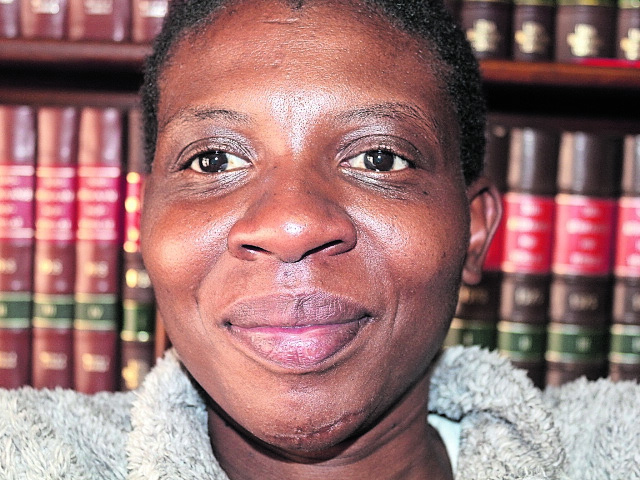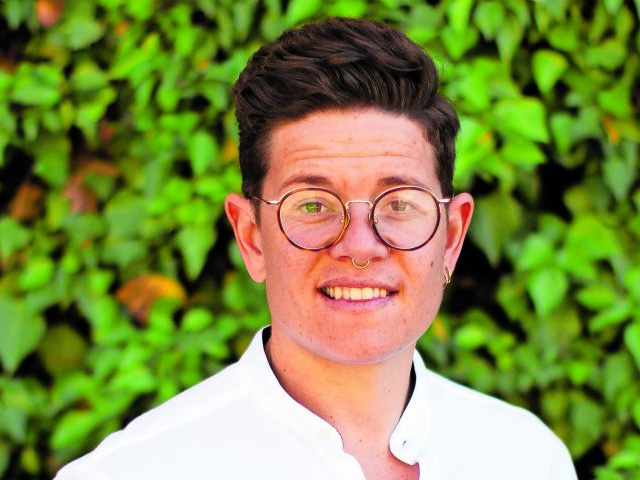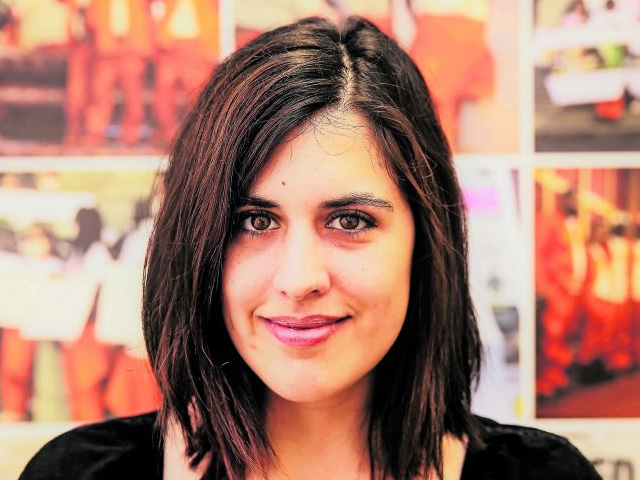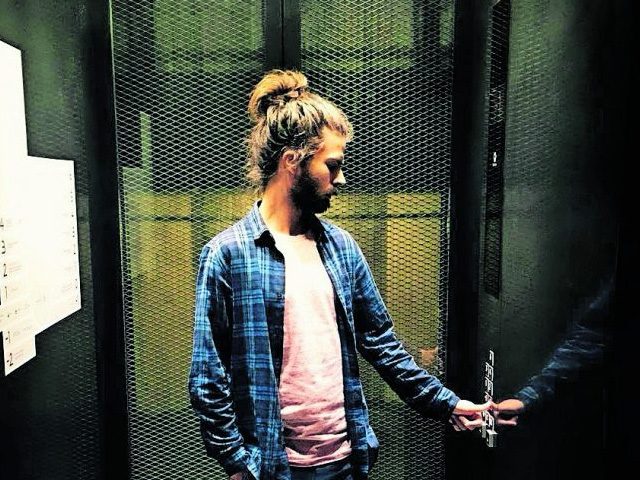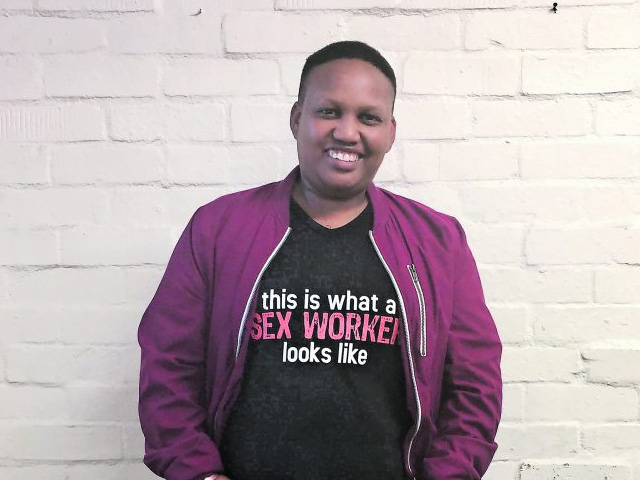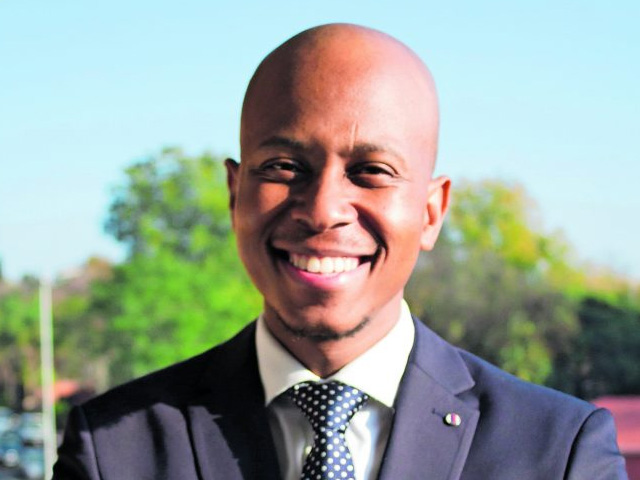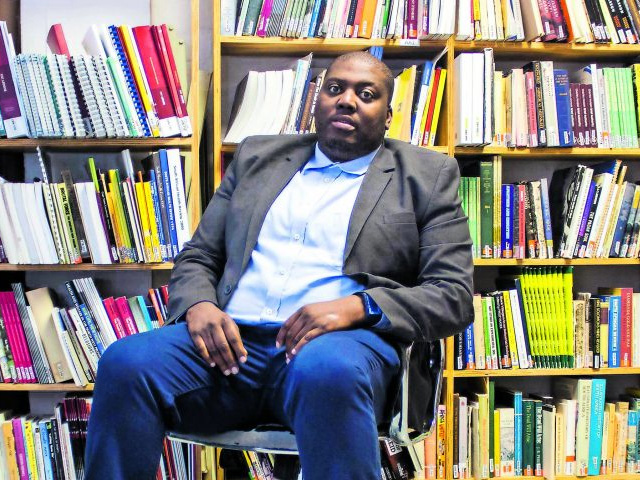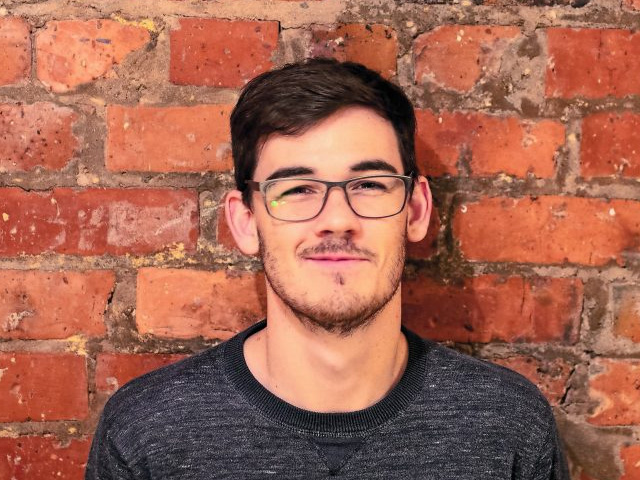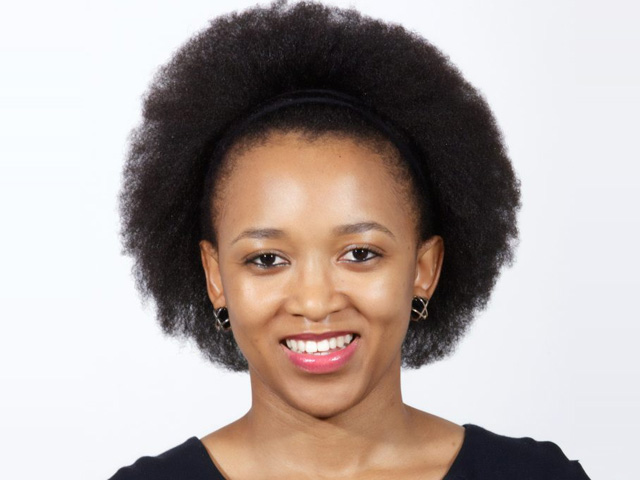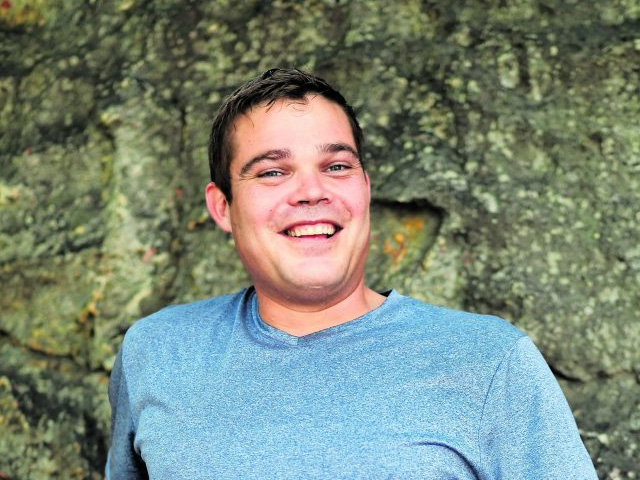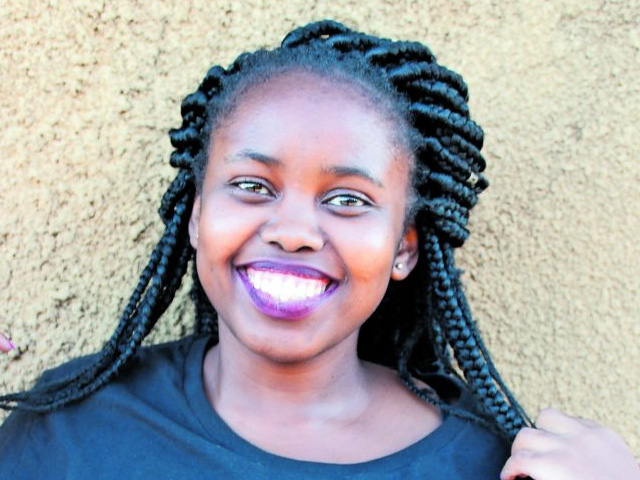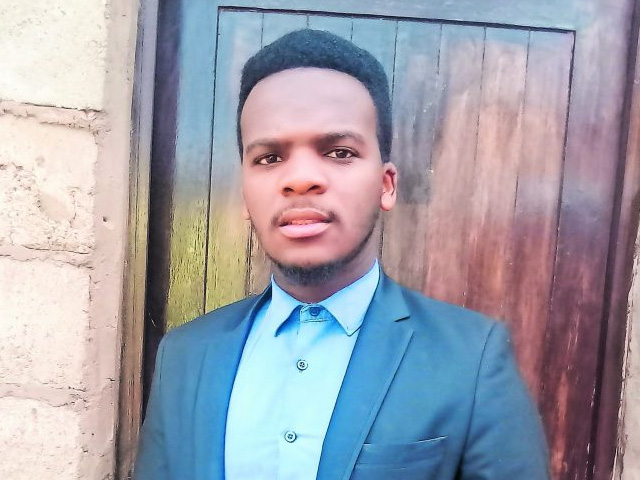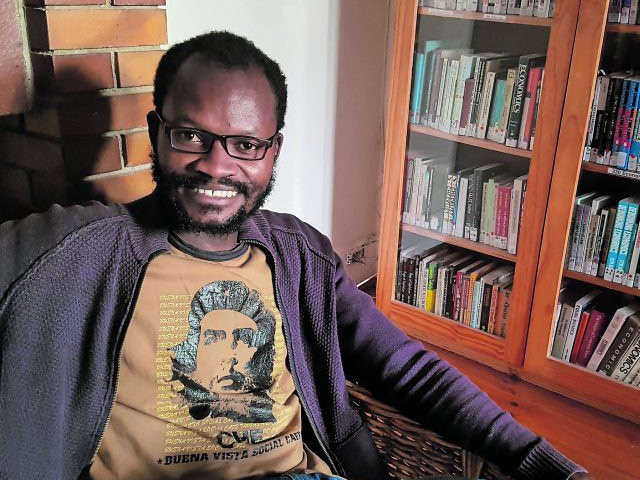Wandisa Phama has always loved the idea of law. Growing up in the small town of Sterkspruit in the Eastern Cape, Phama became frustrated at how rural communities in small towns face lack of access to water, poor schools and high levels of unemployment. She wanted to use the law to search for solutions to these.
She is now an attorney and acting deputy director at the Centre for Applied Legal Studies (Cals), where she heads the business and human rights programme.
“I don’t know how to translate the feeling of what it’s like to work as an acting deputy director at Cals at this age; it is nothing shy of a blessing,” she says. For Phama to be in a leadership position at Cals while it is undergoing a leadership transition is exhilarating, proving that there’s always been black, capable people who can lead public interest organisations.
On holding big business accountable for human rights violations, she says power over others should be kept in check. Phama was actively involved in supporting the Fees Must Fall protests and sits on the steering committee of the Right2Protest Project.
Assisting protesting students was a given for her. “I have known what it’s been like to sit outside the fence of better opportunities that education can provide due to lack of funds. I have known what it’s like to be sued by a powerful university for outstanding fees. I saw myself in the students I represented. I saw my mother in the parents arrested in Brixton, and I studied law to be available for a time such as Fees Must Fall,” she says.
Sitting on the Right2Protest steering committee is important to Phama, because she says in an unequal society like ours, a space for dissent is important for those who are unheard.
Phama is loud and bubbly. She loves to laugh, even through tough times. Losing her mother to cancer and her father a month later at 26, she has spent the last few years trying to recover and learn from her experiences. In honour of her mother who lived life fully and loved humanity, she intends to live life with similar zeal. As for her career, she will continue to practise and teach law in various capacities and will be working towards a PhD in the next few years to come. International human rights organisations may be on the cards too. — Shaazia Ebrahim


